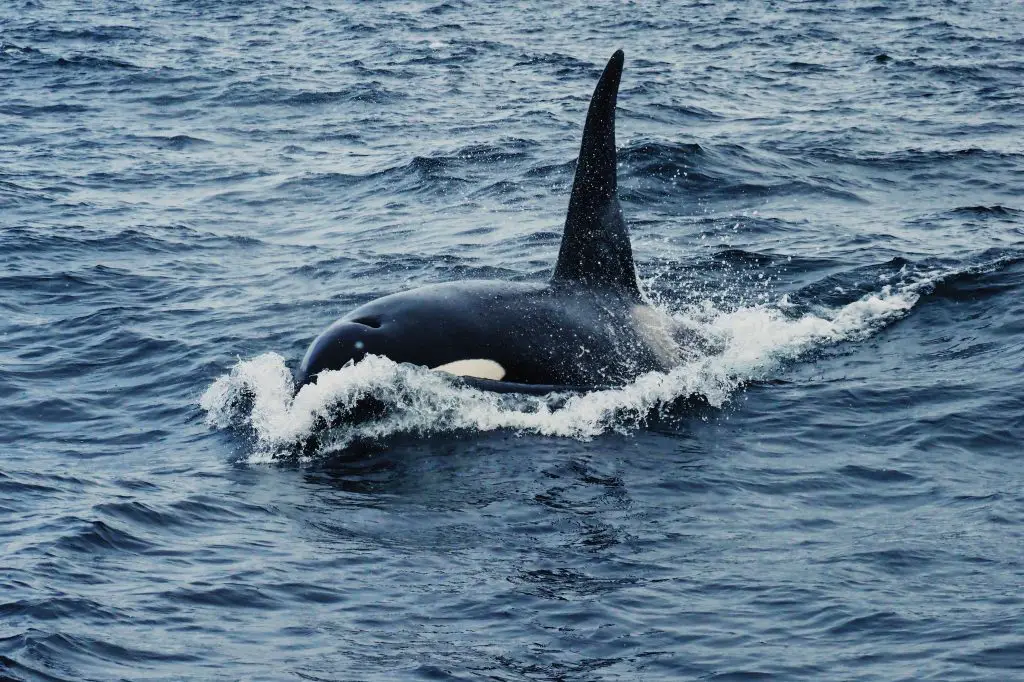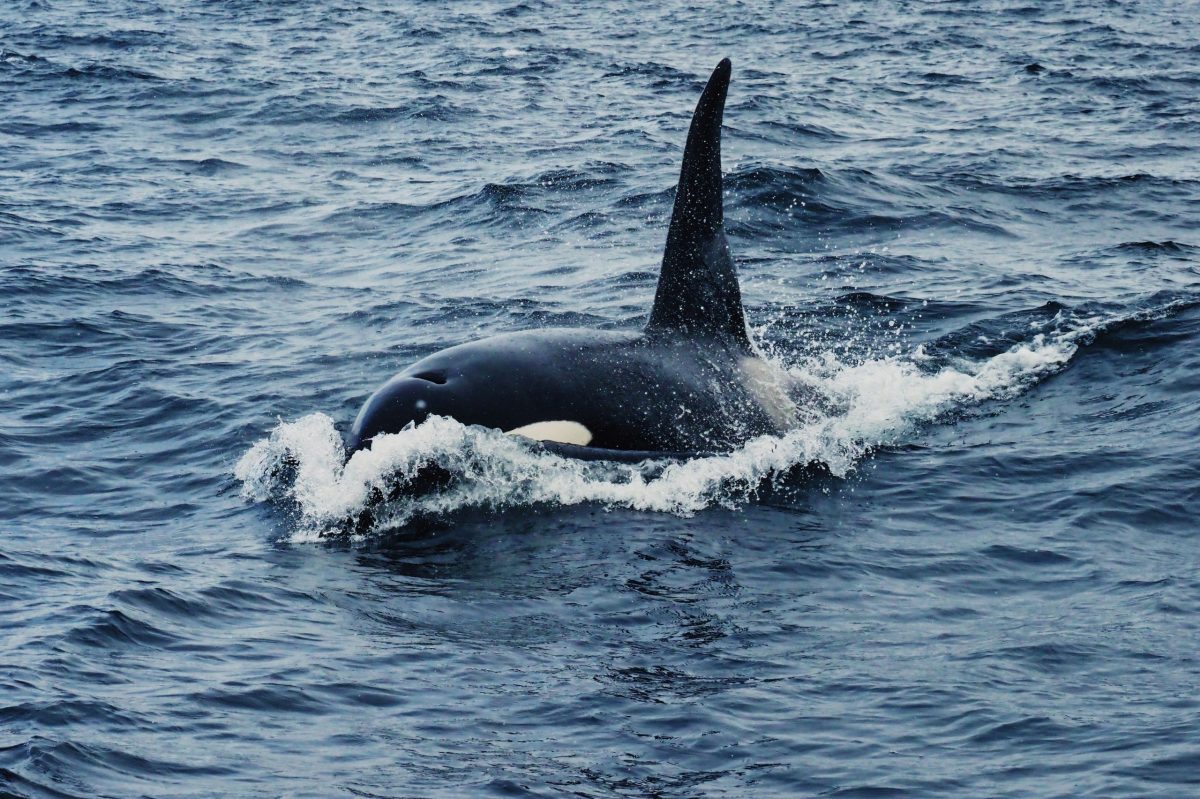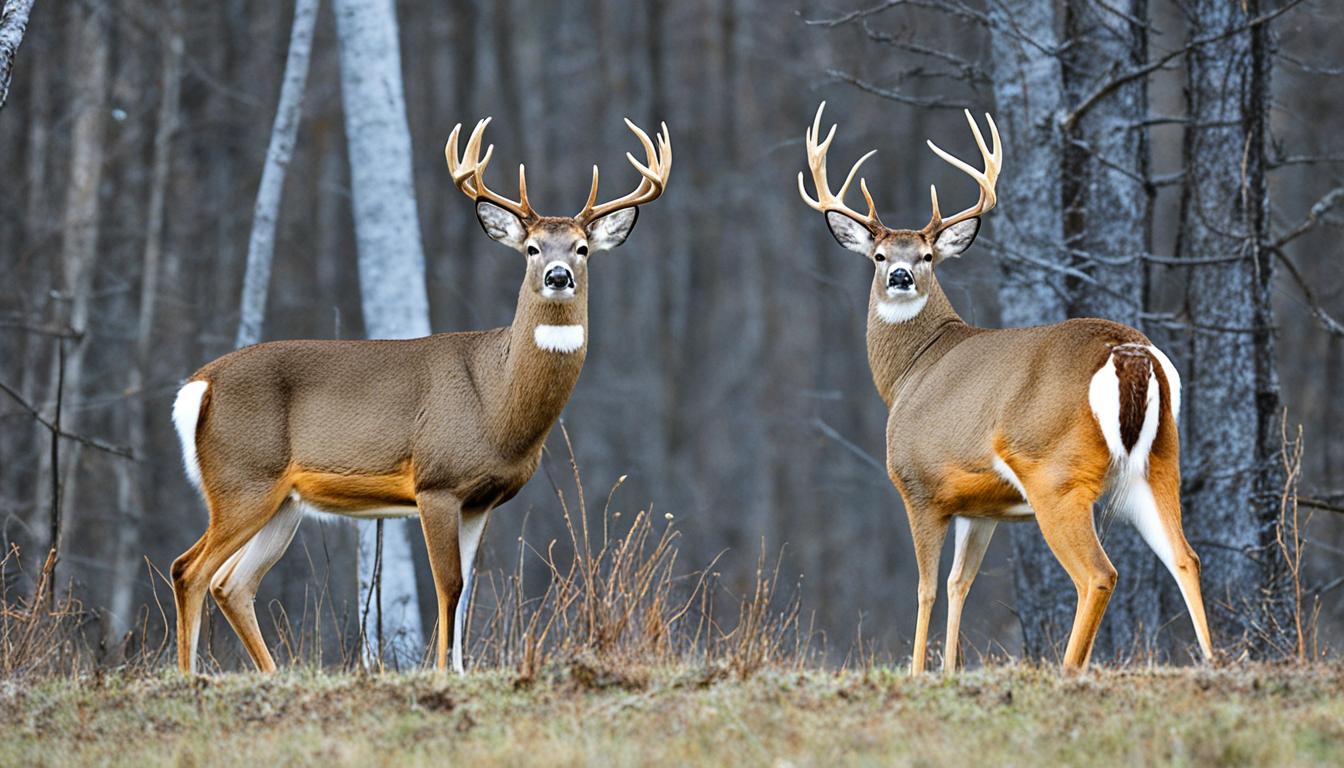Whales are big predators but other mammals are bigger than whales. Whales are peaceful mammals but there are some of its species that like to kill and fulfill their food requirements. The killer whale (Orca) is the only whale known to hunt, attack, and/or eat sharks.
Killer whales are intelligent, well-organized, and gregarious creatures who hunt in groups in quest of enormous prey. Small fish have been reported to be attacked and eaten by these marine creatures, as well as sea lions, squids, seals, and even huge whales. Sharks are also hunted, attacked, and eaten by killer whales.
Hammerheads, makes, big and whale sharks, thrashers, and white sharks have all been seen being killed by killer whales. When other food sources for whales become scarce, killer whales can attack even the largest of the whale groups.
Although there is no evidence that killer whales have ever eaten a healthy blue whale (the world’s largest mammal), they have been seen hunting and attacking them as well as other smaller whales. Blue whales with marks and wounds from fights with killer whales can be found.
Killer whales have also been seen fighting, killing, and eating sharks. They execute a technique described as a “karate chop,” in which they force the shark to the water surface, then raise their tail and smash it down on the shark, much like a martial artist might. The killer whale then snatches the shark and turns it over, immobilizing it to the point of death.
When a shark suddenly flips over onto its stomach, it panics and becomes immobilized, permitting the killer whale to successfully attack it.
Multiple killer whales have also been utilized to attack sharks. When pursuing risky prey, killer whales are smart and careful, attacking in groups or using stealth to reduce their risks of being injured.
Killer whales don’t always eat sharks or whales as their primary food, but when food grows rare or limited, they will target other sea life regardless of their size.
Killer whales consume predominantly fish in some locations, whereas marine mammals make up a substantial percentage of their diet in others. Predators, such as killer whales, are usually referred to as apex predators.

A predator that has no identified predators is known as an apex predator. They can attack other whales and dolphins without fear of being attacked, putting them on the upper side of the aquatic food chain.
Circling and slamming a shark, as well as sneaking up from underneath and attacking the shark’s underbelly
What Kind of Whales Eat Sharks?
Sperm whales eat a variety of animals, including gigantic squid, enormous fish, octopuses, and squids like demersal rays. While consuming other foods, some prey might be mistakenly taken.
The great sperm whale is an anomaly, as most cetaceans’ throats are too tiny to swallow a shark. They’ve been known to consume mega-mouth sharks, and evidence suggests they’ve even eaten a white shark.
Most sharks do not go for hunting large animals or mammals but there are some types and the sperm whale is one of them. The killer whale is also known for killing small fish and eating them without hesitation.
They can even attack small as well as large groups of sharks. They surround the big groups and push them towards the seashore. In this way, they attack and kill the sharks.
Are Whales Strong Enough to Eat Sharks?
Whales vs sharks explained: Contrary to popular belief, whales are not primarily predators of sharks. Whales are filter feeders, consuming small aquatic life forms like plankton and krill. Although some species of whales might accidentally ingest sharks while feeding, it is not a common occurrence. Generally, sharks and whales occupy different niches in the ocean, with sharks being more active hunters and whales relying on their enormous size and strength to feed efficiently.
Can A Blue Whale Whale Eat A Great White Shark?
No. a Normal blue whale’s mouth is large (15-18 feet long), but it is a filter feeder, thus they have baleen in its mouth rather than teeth. Because it eats little sea organisms, its esophagus is incredibly thin.
The esophagus has a diameter of only 5 inches, although it can stretch up to 10. As a result, even if it swallowed a shark by an accident (a highly unlikely scenario), the whale would be unable to chew it or swallow it whole. It’d have to vomit it up.
So it has been seen that most the whales live their lives depending on the small organisms for their food requirements so it is much more difficult to eat a shark with that kind of structure of the mouth.
Not all but there are very few whale species that can actually eat the great white sharks. One is the Killer Whale as explained in the video below.











